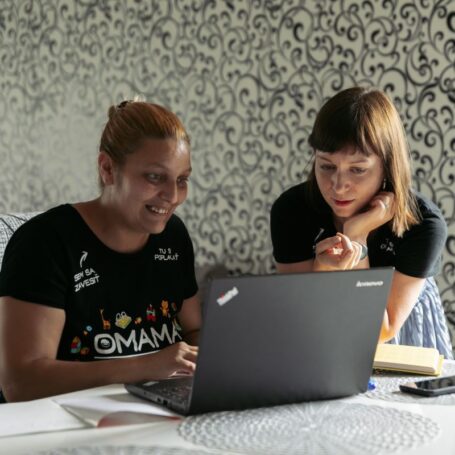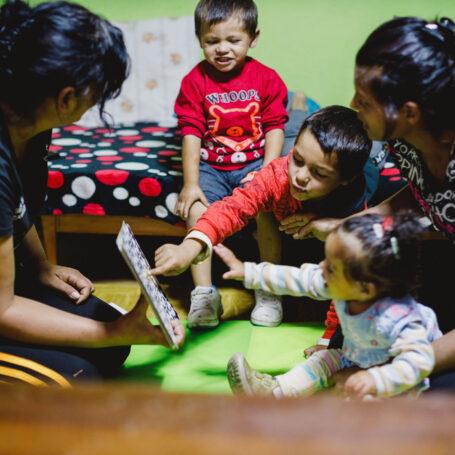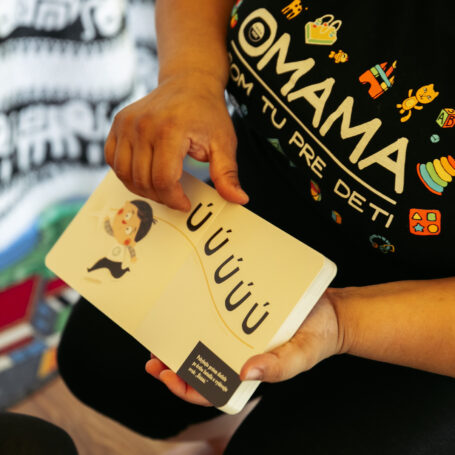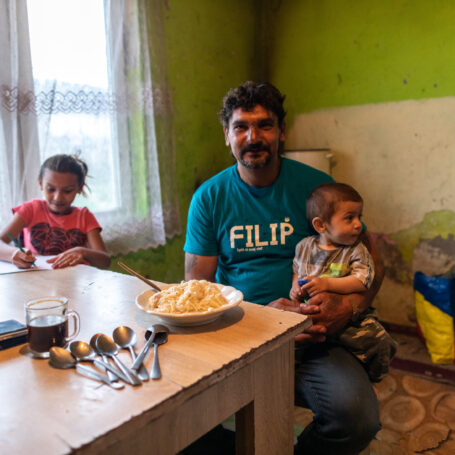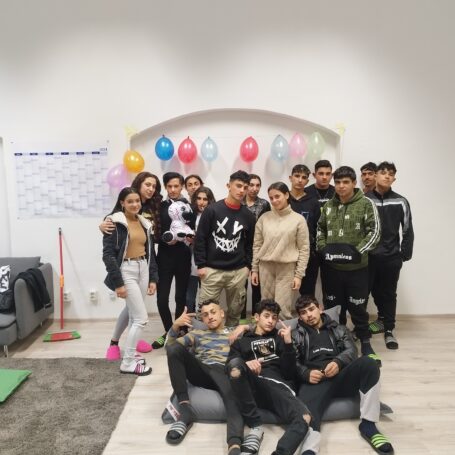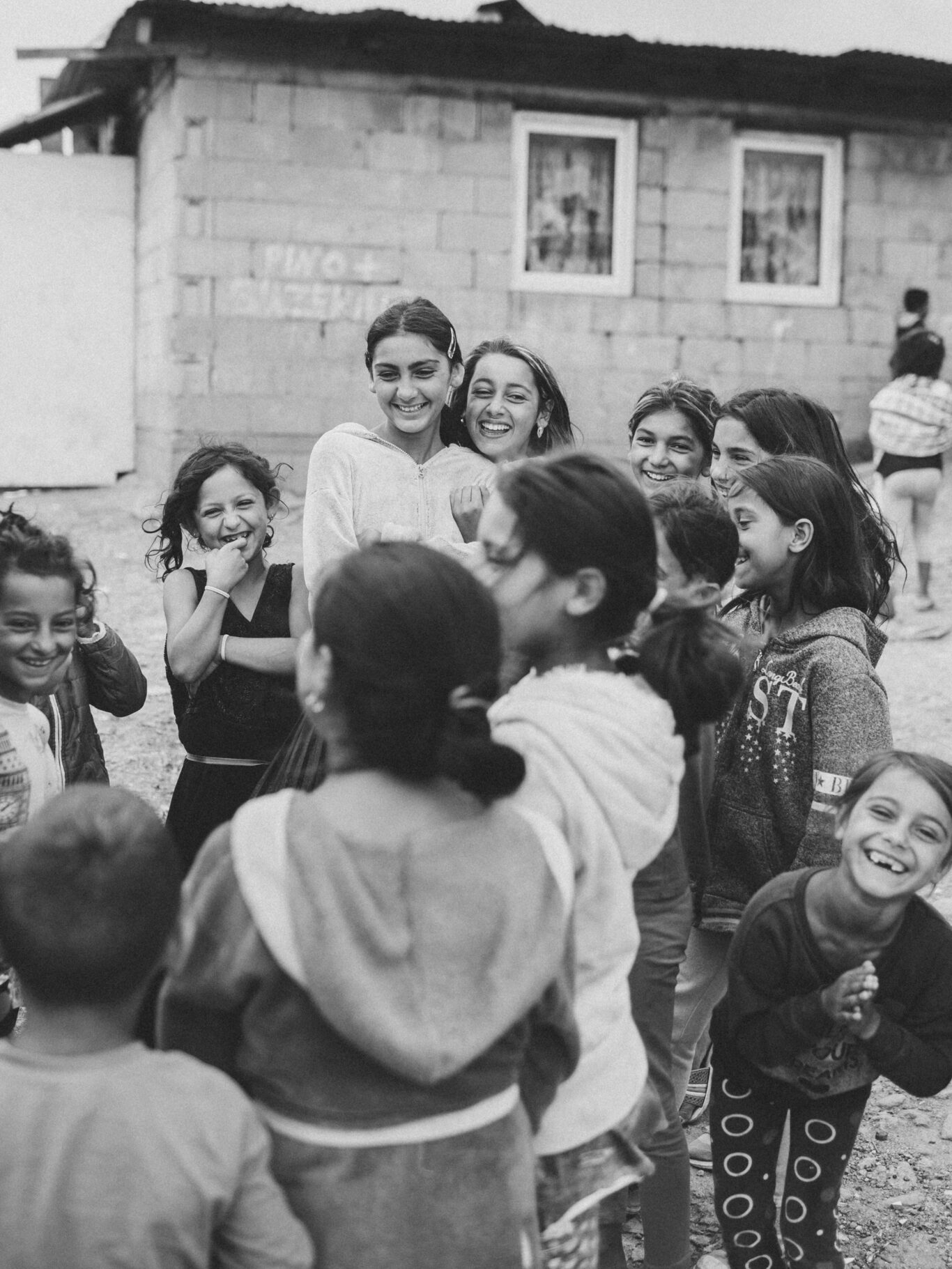
The Zebra program
How do average teenagers in poor communities usually spend their time? Just like any other teenagers all over the world. They head out, meet up in groups, and enjoy hanging out with friends. They have few opportunities for meaningful activities. In marginalized communities, there is little opportunity for young people to bring their ideas to life or develop their talents.
DonateThat is why the ZEBRA program focuses on children and young people from poor communities aged 11 to 19. We work on developing their life attitudes, skills, and personal resources. We help them succeed in education, engage them in sports activities, nurture their talent, and guide them on their path to adulthood.
The program was launched as a pilot in three marginalized communities − Veľká Lomnica, Chminianske Jakubovany and Kecerovce. In our Zebra clubs, young Roma leaders organize activities in a safe and stimulating environment.
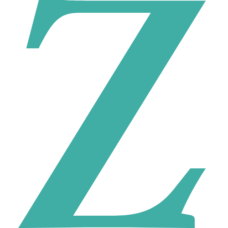
Zone
Safe zone for you
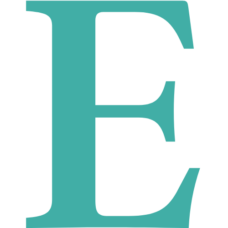
Empathy
We understand your needs.
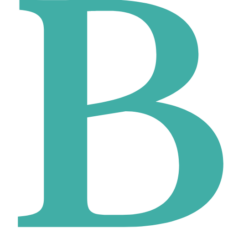
Be safe
You are safe here.
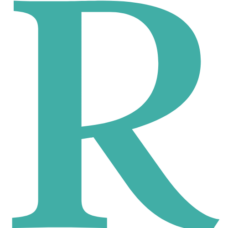
Respect
We treat you with respect.
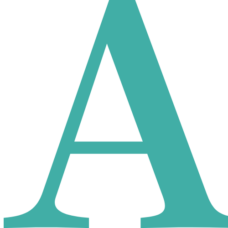
Authenticity
You can be yourself.
Zebra stripes are like human fingerprints, unique to each individual. The same goes for the young people in our clubs. The black-and-white zebra stripes are also a symbol of inclusion, which we aim to promote through connecting young people from Roma communities with those from the majority population. The term ‘zebra’ is also used for pedestrian crossings, and we hope that our Zebra program will serve as a pathway for young people living in poverty to access new environments and experiences that would otherwise remain unavailable.
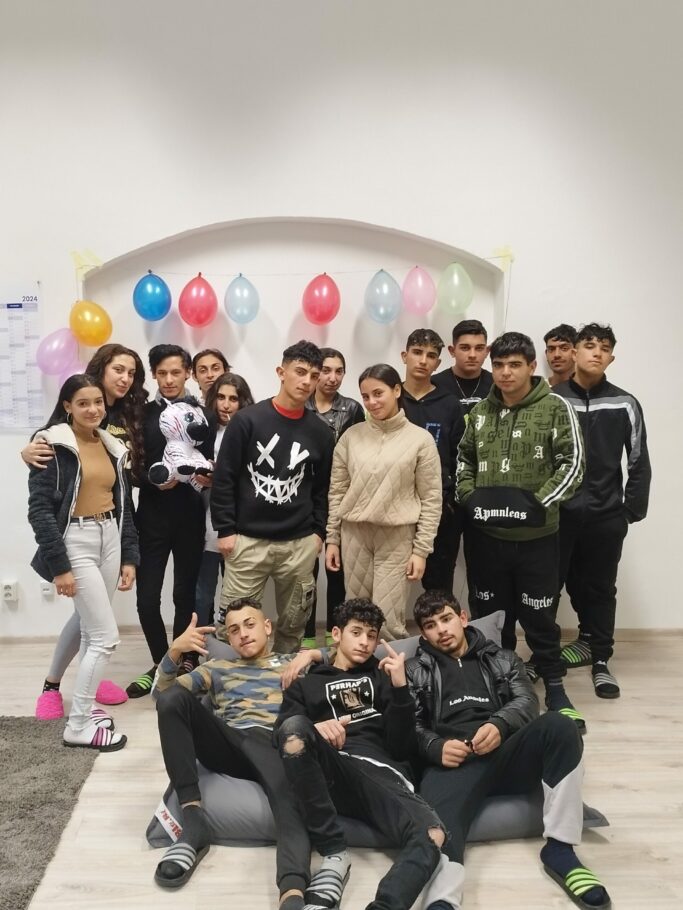
What are the needs of young people in communities?
Why was the Zebra program created?
In the OMAMA program, we focus on early childhood, as it is the most essential phase in human development. On the other hand, for young people the teenage years are often the most challenging ones. It is during this time that they make decisions that can impact the rest of their lives. They are faced with decisions about going to high school or starting a family.
In poor communities, girls face pressure to become mothers early, often by the age of 16 or sometimes even earlier. This is not an ethnic issue but rather a problem of generational poverty, where early sexual experiences and teenage pregnancies are a global social phenomenon. As a result, children are becoming parents, bringing their children into the never-ending cycle of poverty.
This also results in a high number of students dropping out of elementary and high school early, leaving young people unprepared for the job market. In Slovakia, there is a 29% unemployment rate among low-skilled people. Young Roma people face several forms of discrimination, such as verbal abuse, segregation, and social isolation from their peers from majority population. This leads to limited opportunities, inequality, low self-esteem, and deteriorating mental health. In addition, there are hardly any extracurricular activities for young people from excluded communities.
Quality free time and positive connections with peers or adults from the majority population can help overcome many challenges these children face. They can find role models to look up to, develop new skills and shape their characters. This allows them to live their teenage years in a much healthier way and be better equipped for a more respectable future.
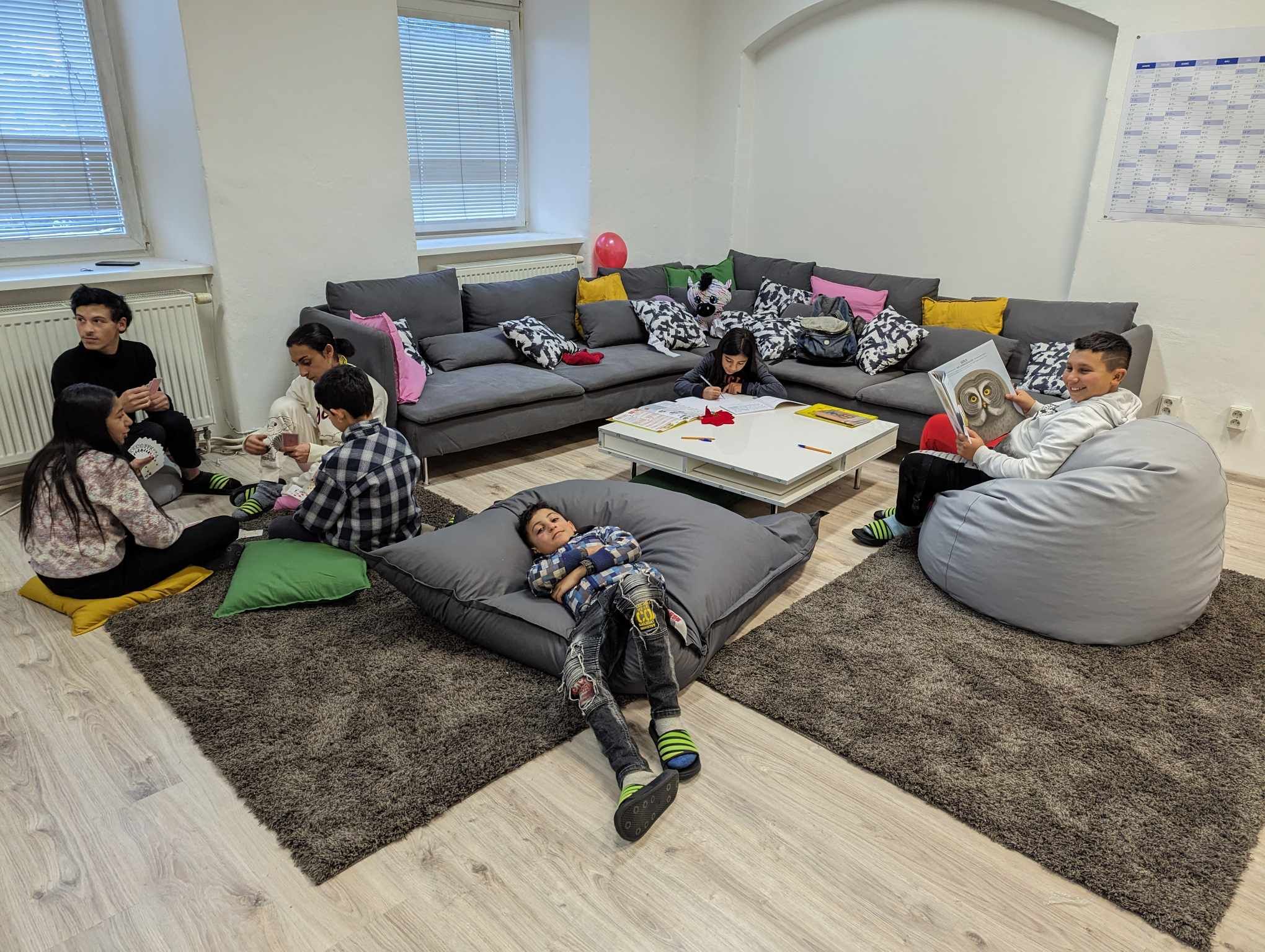
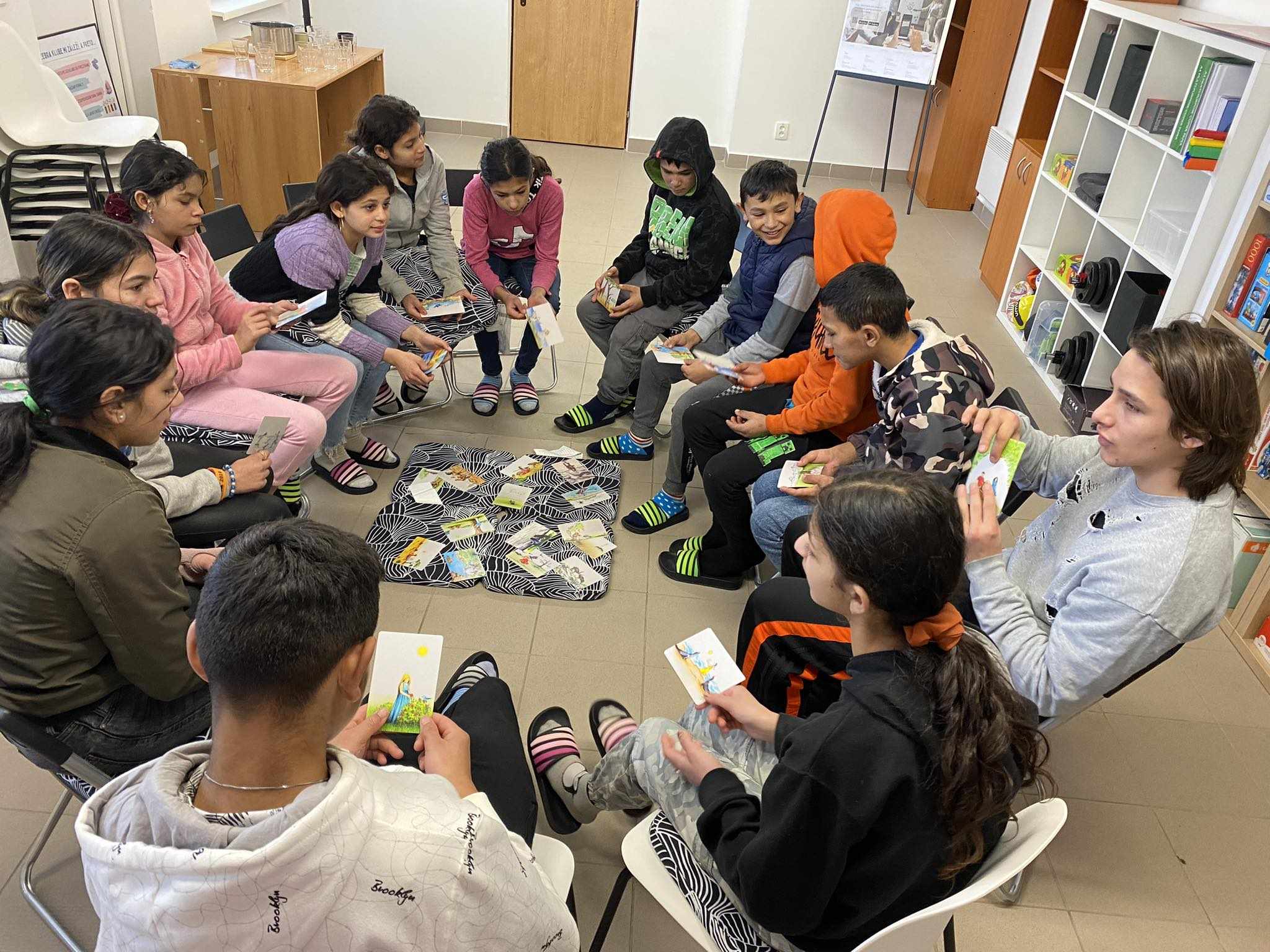
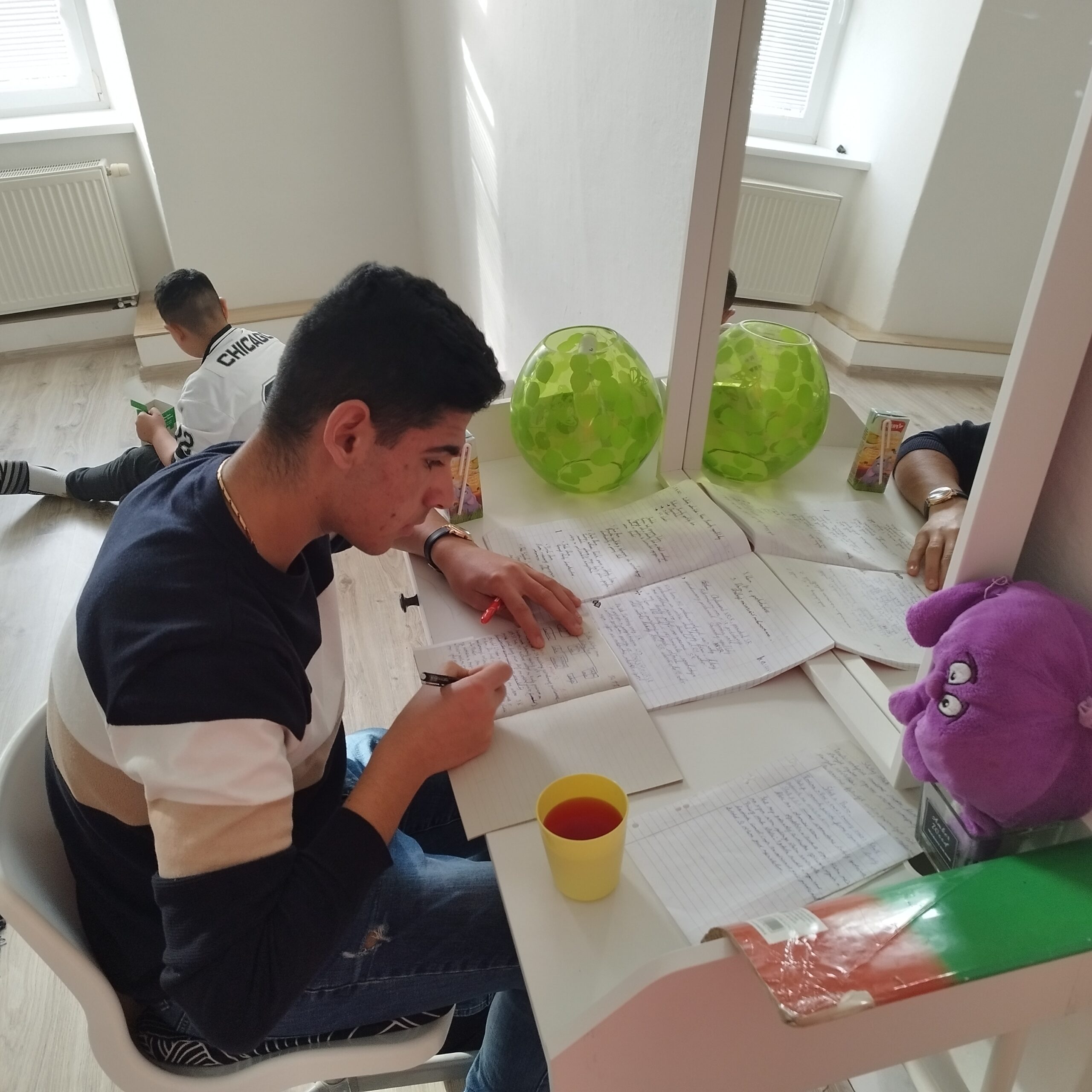
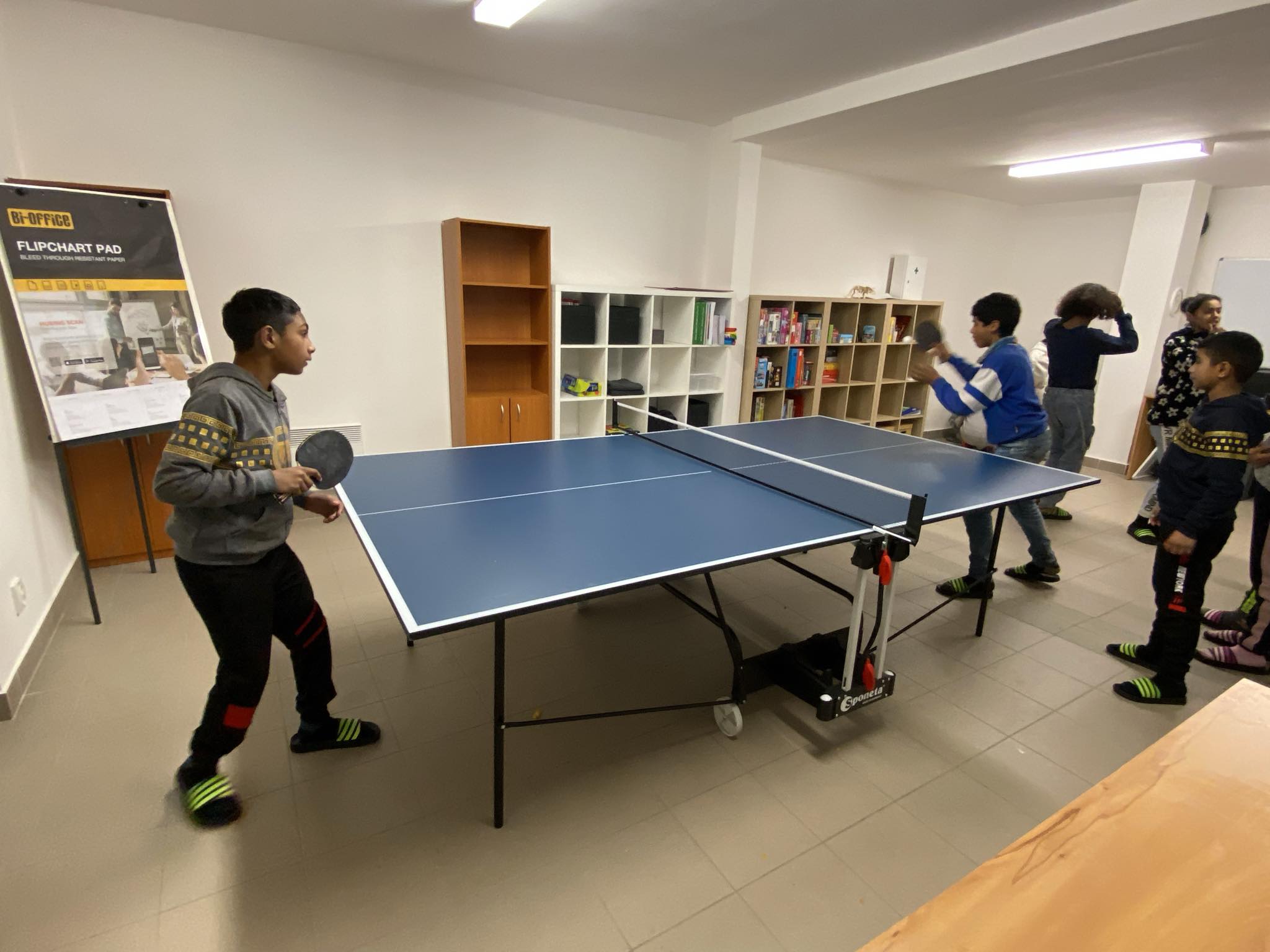
Zebra club activities
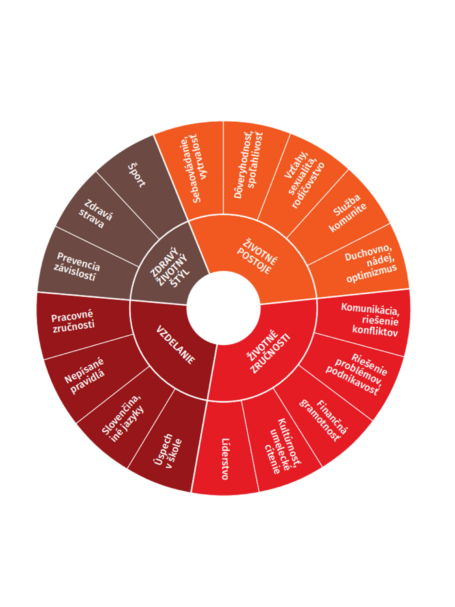
- Individual online and offline mentoring and tutoring with adults or peers from the majority population
- Group activities: adventure-based activities, games, sports, theater, music, trips, and camps
- Feuerstein method lessons: special methods focused on developing thinking, analytical strategies, and problem-solving
- Community service: promoting social responsibility, local micro-projects, improving the surrounding environment, helping those in need
- Training for future employment, including the development of soft skills
- When financial challenges prevent access to higher education, we offer young people targeted scholarships
Activities are led by youth leaders who themselves come straight from the excluded communities. Just like in the Omama program, by employing residents from poor communities, we can help them gain work experience and allow them to grow personally thanks to their mentors.
We teamed up with professionals
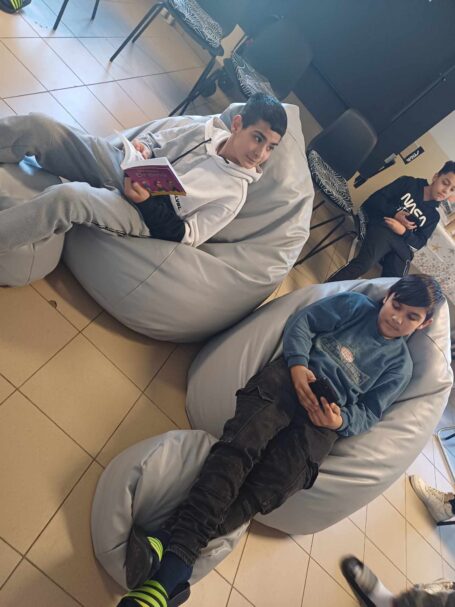
Edudrama: how theatre techniques can help in working with young people
The Duke’s of Edinburgh International Award (DofE): volunteering and connecting peers from the majority with young Roma people
National Bank of Slovakia: financial literacy
Karin Swanson Andrašíková: methodology and professional consultations
Arnold Kiss, Pavel Šveda and others: lecturers of educational workshops for youth leaders
